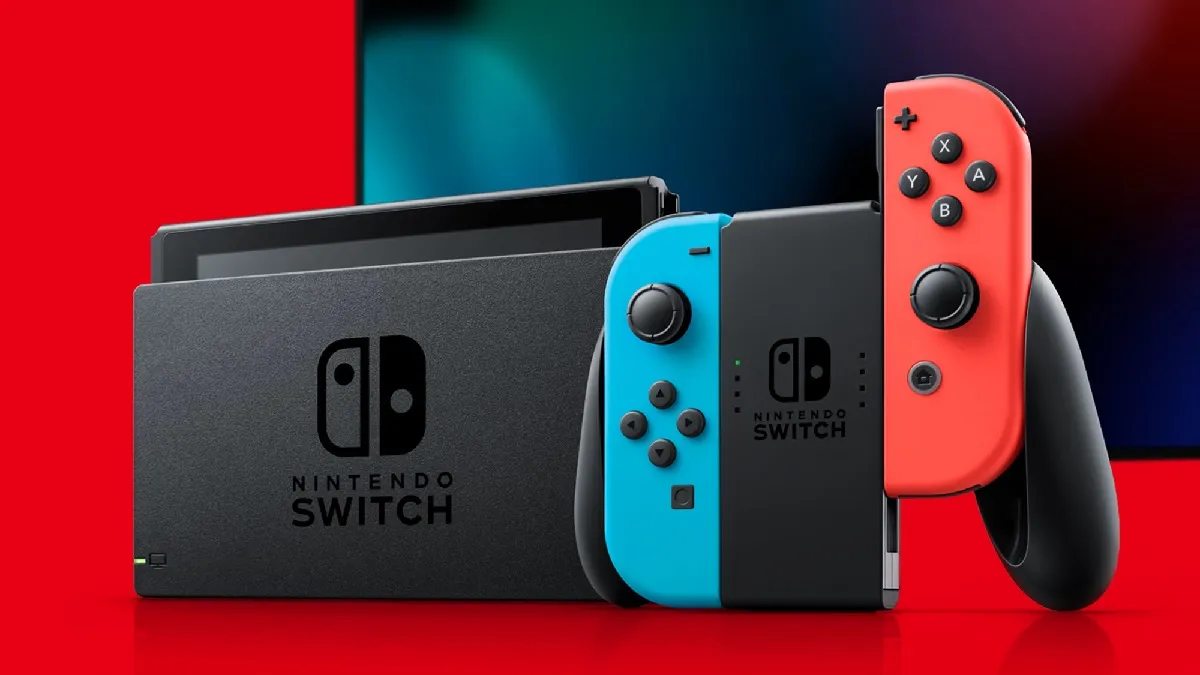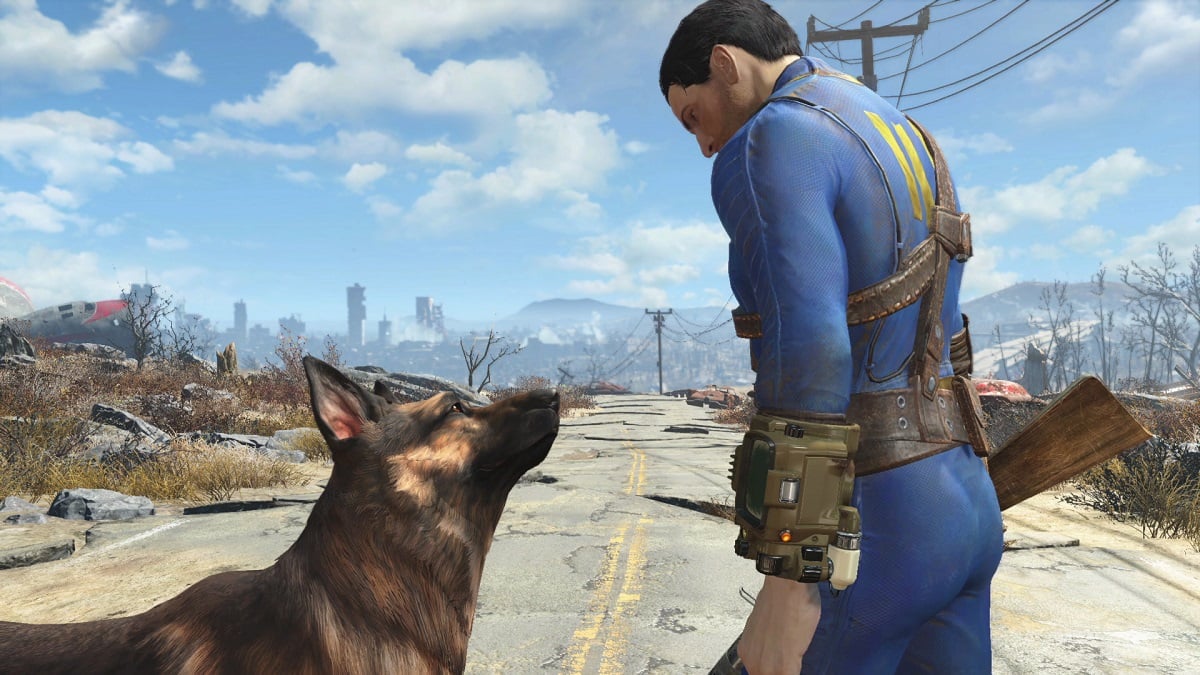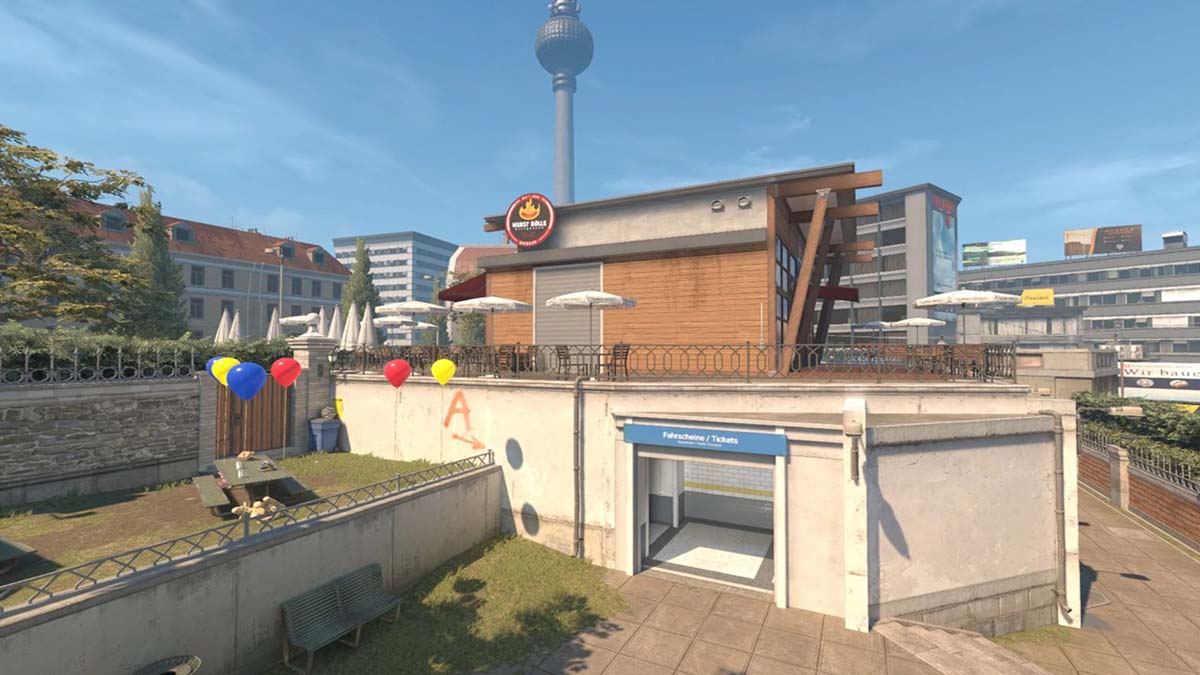You’ve got a date
I’m a sucker for handhelds. A portable system with a crank, packed with indie games? The Playdate had me at hello.
But for a lot of people, $180 is going to be a tough sell. Let’s go on that journey together.

The specs and setup
The Playdate box comes with the system (which has a sleep/wake button on top, a menu button, a d-pad, B and A buttons, a 3-Axis accelerometer, and a crank, more on that later), a USB C to USB A charging cable, and a little paper starter guide: what you see above is the entire shebang taken out of the form factor box.
The hardware sports a 400×240, 1-bit display, measuring 76 × 74 × 9 mm. Included is a 168 MHz Cortex M7 CPU, 16MB RAM, 32 KB L1Cache, 4 GB Flash, with support for 802.11bgn 2.4GHz Wi-Fi, and Bluetooth. The onboard sound is a built-in mono speaker, with a stereo headphone jack, and a condenser mic + TRSS mic in. It has an eight-hour active (14-day standby) battery life. With all 24 season 1 games installed, I had 2.6GB free of the included 4GB, just to give you an idea of how much space you’ll have to work with (games range from less than 1MB to over 100MB at the top-end).
Setting up was super simple, and out of the box into playing my first game, it took around 10 minutes. After starting up the Playdate, you’ll be asked to register your device on any browser by logging in and inputting the on-screen PIN (there’s even a QR code to scan on the device). I was already signed in, so I put in the code like I was authorizing a streaming service device and I was on my way. The first two games (Casual Birder and Whitewater Wipeout) downloaded and installed quickly.
While the Playdate has no backlight, I was surprised at how little light it needed to show a clear picture, and how good it looks in natural light (here is a demonstration video from the designers). The system itself is well-made, and even for people with big hands, it doesn’t feel like my hands are cramping even after lengthy periods of use.
The crank is surprisingly fun to use, and not just a quirky add-on. It’s directly incorporated in a ton of games like an extra button, and forces you to step out of your comfort zone and learn a new skill. Some games even ask you to “dock” the crank fully into the notch as part of the instructions, and there’s very little awkwardness in the way of piloting it: I didn’t expect it to be handled this elegantly. There’s no confusion as to when the crank needs to be implemented or stored, and its level of functionality is up to the individual development teams.
System options include the ability to manage games (read: storage/delete), check Playdate account info, choose your lock screen (three types of clocks), toggle auto-lock, reduce flashing and swap the screen upside down (both accessibility features), check for system updates, and restart/reset the unit. Pressing the home button sidles up a menu, where you can change the volume, go home, or take a screenshot. Individual games can have custom menus (like “restart level,” and so on).
That’s mainly it. You’re going to be using the Playdate for playing games (or making them), and beyond the current “mirror” functionality (that lets you stream to a PC, capture footage, mirror your screen to a monitor, and use select controllers), the system settings are understandably light.

The experience
We’ve established the Playdate plays games. But one of the big-picture concepts of the Playdate is that you’ll boot it up, and get two games immediately. Then each subsequent Monday for a cumulative 12 weeks, you’ll get two more games, for a total of 24 in all for “season 1.” Future seasons are being “figured out now,” but you can also purchase games individually (one is being sold right now) and sideload them. You can actually find the entire rollout explanation here.
Would I fault you for finding it confusing? No. And given the entry price of $180, I’m sure some of you are going to feel frustrated by it. With that in mind, even in my own household, it had a “watercooler effect.” I could soak in each game that day during review periods, then subsequently enjoy the next set of games the following day.
One negative of this release model is that it puts a lot of pressure on each week to really slap. For instance, I think Casual Birder is fun, but not everyone is going to dig a birding RPG game; and if you don’t like the very arcadey nature of Whitewater Wipeout, your whole first week might be a wash. But then you’ll get something the next week, and the next week — and as Playdate launches, more designers will sell their games independently and more options will arise.
It’s kind of a chicken-and-the-egg situation. Some of you probably want to comb over full reviews of season 1 before you buy in, which are rolling out now: but if you bought in now, you’d be getting it in 2023, and the Playdate could be significantly more enticing by then. So let’s talk about some of those games and the general vibe of what the Playdate is offering.

The games
Again, I was granted access to two more games each day, for a grand total of 24. As a reminder, this is not how it will work for the general public (it’s two more games each Monday for 12 weeks). I’ll talk about a wide array of them.
- Crankin’s Time Travel Adventure is a bit like a higher concept Flappy Bird. Each session you’ll wake up (late) as a wind-up robot, and rush to a date. Most of the time you’ll get kicked in the groin for being tardy. Along the way, you’ll dodge hazards while trying to make as much forward motion as possible with the crank (which controls forward/backsteps depending on how you wind it). It’s a perfect showcase for the crank controls and how they can sport a low barrier to entry but also a high skill floor, as great runs will require finesse. It’s a bite-sized game, but welcome in short spurts.
- Lost Your Marbles is a labyrinth marble box physics manipulation game with a story-heavy focus. You’ll crank to shift the box around while making story choices rolling the ball into specific areas of the maze. It’s part puzzler, part visual novel. While the physics puzzles aren’t always engaging, it’s an interesting and unique experience, typical of Playdate’s season 1 repertoire.
- Flipper Lifter plays out like an arcade elevator game that would feel at home in the NES era. You control an elevator through the crank, and are tasked with delivering penguins to different floors of a hotel. It’s quick and cute, and something I can go back to in spurts (some of these are spurt-heavy games).
- DemonQuest 85 is one of my favorites. It’s a funny visual novel puzzle game that asks you to invite over classmates and offer demons their favorite foods and desires. The dialogue is punchy and the setup is hilarious: think 2017’s The Babysitter style camp.
- Pick Pack Pup is a fun match three. You’ll group items together then “ship them,” with the ability to combo matches before and after they’re packed.
- Omaze is a crank-controlled reaction-heavy puzzle game. Cranking moves your player character dot around in a circle, which are sometimes filled with hazards. You need to move from circle to circle (pressing a button to swap shapes) to get to the end of a maze. It’s light fare, and a neat way to showcase how intense the crank mechanic can get.
- Executive Golf DX is a mini-golf-in-an-office-space that’s sort of similar to games like Glider, with power-ups. This is one of the few bite-sized games I couldn’t sink my teeth into.
- Questy Chess is like literal chess meets ZZT (or all you youngsters, that was an old school adventure system). You start as a pawn and move like chess across a grid (striking diagonally to attack, for instance). There are multiple worlds and levels to explore, scored stages, and an inventory. It’s one of the more ambitious games of the Playdate, and it’ll do a ton of heavy lifting the week you get it. I kind of wish the Playdate had more games like it, but I know the intent was to offer a wide array of experiences. Still, it arguably touches on concepts from multiple games in season 1, with panache.
- Saturday Edition follows a more traditional adventure game tact, but it takes some wild turns. I don’t want to spoil it here, but it drew me in from the first few minutes and I binged it.
- Sasquatchers pits “influencer scientists” against cryptids with an Advance Wars skin and plenty of tongue-in-cheek humor. The “combat” and grid-trouncing systems aren’t always engaging, but the dialogue is, and I love the mash-up of old meets new with its design philosophy.
- Inventory Hero essentially amounts to a clicker, but it’s another example of a good quick bite (take that, Quibi) on the Playdate. You manage both equipment (by putting on new armor and weapons) and items with quick taps, and it’s easy to come back to.
- Spellcorked pushed the visuals of the Playdate and has what might be my favorite aesthetic of season one so far. A likable protagonist making potions with animals sells itself, and the story bits and dialogue help push the light puzzle elements forward.
- 360 takes a familiar old school Breakout approach but with a crank to control your paddle in a literal 360-degree format. The crank precision helps bolster the enjoyment of the well-worn framework.
It sounds weird, but whenever I clicked on a game, I just assumed it was going to be a platformer. They mostly weren’t, but a few of them even have super platformer-ey names and icons! Lo and behold, many of them are heavily story-based or high concept in some way. Several of them are loving homages to old genres or games. But the Playdate season 1 developers as a whole have thought outside of the box, and are going to subvert some expectations.
As high as I’ve been on the Playdate I didn’t love every game. It was bound to happen! Since these choices are curated for me, there’s no guarantee that I’m going to gel with all of them. But with that in mind, there were very few games I outright didn’t enjoy playing. Now I might have a fairly open mind when it comes to some genres, so your mileage may vary. Many titles are story-based, and I can see that being a turnoff. It’ll be interesting to see how future games pivot based on reception from the general public.

I’m glad this wacky idea had follow-through
I was going to be taking a chance on the Playdate regardless, and had it pre-ordered (group one!) before I knew I was going to be reviewing it. I think you should definitely go into the Playdate with an open mind, because the experimental nature of the delivery system and the curation of specific games as part of the pricey entry fee is going to be by nature, polarizing.
To me, the Playdate hits more than it misses. The foundation of the hardware itself is firm, no matter what the future might bring in terms of seasons (if they happen, how that will be delivered, or how much it may cost), and season 1 has a good chunk of games that will suck people in for large periods of time (and some of them have things to say).
Whether you’re going in with your unit shipping imminently (like, as soon as today, for group one) or you’re still playing the waiting game, the Playdate did what it set out to do: let’s see if it can keep it up.
[This review is based on a retail build of the hardware provided by the manufacturer.]




